Group members - Kinship and Community in the Early and Medieval Islamic Mediterranean

Arezou Azad
Arezou Azad is a lecturer in Medieval History at the University of Birmingham. She co-directed the Balkh Art and Cultural Heritage project, funded by the Leverhulme Trust at the University of Oxford (2011-15). She received her D.Phil. from the University of Oxford in 2010, and has published a monograph entitled Sacred Landscape in Medieval Balkh with Oxford University Press, as well as, a number of peer-reviewed articles and book chapters on Persian historiography, history of the early eastern Islamicate world, and on themes such as gender and marriage. Prior to joining the academi a, Arezou served as a peacekeeper and development worker for the United Nations and non-governmental organisations in a number of countries, including Bosnia-Herzegovina, Brazil and Timor-Leste.
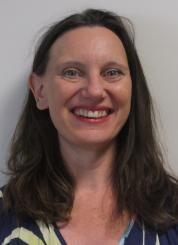
Karen Bauer
Dr. Karen Bauer (PhD, Princeton, 2008) is a Senior Research Associate in the Qur’anic Studies Unit of the Institute of Ismaili Studies, London. She specializes in Islamic social and intellectual history; her specific interests include the Qur’an and Qur’anic exegesis, emotions and emotional rhetoric in Islamic history, and gender in Islamic history and thought. Her research centers on medieval texts, but she occasionally ventures into modern territory, such as when she interviewed religious scholars (ʿulamaʾ) in Iran and Syria for her book Gender Hierarchy in the Qur’an: Medieval Interpretations, Modern Responses (Cambridge University Press, 2015), which detailed the history of tafsīr through interpretations of verses on women, and was runner up for the BKFS Book Prize 2016.

Teresa Bernheimer
Teresa Bernheimer is a Gerda Henkel Fellow at Ludwig-Maximilians-Universität, Munich, Germany. From 2009-2017 she taught Early Islamic History at SOAS, University of London. Educated at SOAS (BA) and Oxford (M.Phil, D.Phil), she has published on the early history of Shi‘ism and the Prophet Muhammad’s family (The ‘Alids: The First Family of Islam, EUP 2013), Islam’s place in the study of Late Antiquity (Late Antiquity, Eastern Perspectives: Studies on the Persian World from the Sasanians to Early Islam, ed. with Adam Silverstein, Oxford 2012), and is particularly interested in the use of material culture in early Islamic historiography, and in approaches to the teaching of early Islam (Early Islamic History, Critical Concepts in Islamic Studies, ed. with Tamima Bayhoum-Daou, 4 vols, London 2013). She is currently working on concepts of colour in early Islam, and on the Kharijites in the early Islamic period for the Henkel Fellowship.

Ana Echevarría
Profesora titular of Medieval History at UNED, Ana Echevarría works on relations between Muslims and Christians, especially interreligious polemic, Castilian Mudejars, conversion, and crusade. Among her books, Knights in the Borders. The Moorish Guard of the Kings of Castile (1410-1467), (Leiden, 2008) and The City of the Three Mosques: Ávila and its Muslims in the Middle Ages, (Wiesbaden, 2011). She has been a Visiting Fellow at the KHK-Dynamics in the History of Religion, Ruhr University, Bochum (Germany), and at the Institute for Advanced Studies, University of Constance (Germany). She has been the IP of the project “Mudejars and Moriscos in Castile”.
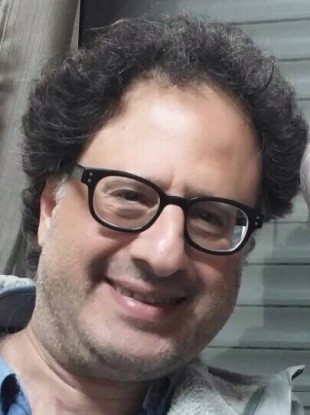
John Nawas
John Nawas is professor of Arabic and Islamic Studies at the University of Leuven and researcher at the Institute for Advanced Arabic and Islamic Studies, Antwerp, Belgium.
After studying the Islamic inquisition and caliphal authority he moved on to studying the other side: the ulama. Using techniques from the social sciences, he has written on Abbasid history and the development of the social group of ulama, group identity, the Islamic religious sciences and the patronate. Previously, he was an assistant general editor of the Encyclopedia of the Quran, and is now an executive editor of the Encyclopaedia of Islam, Three.
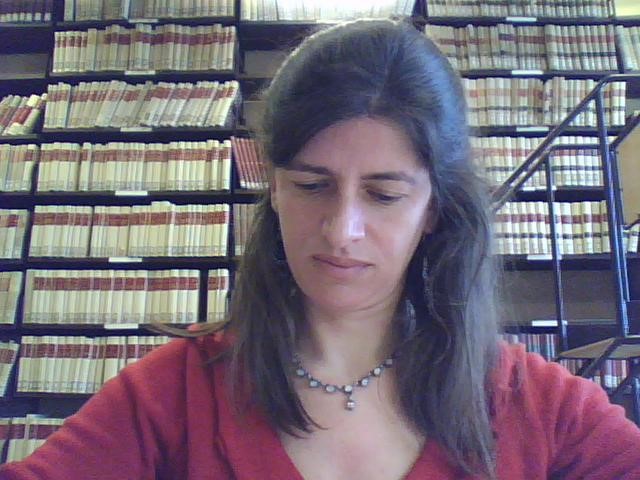
Arietta Papaconstantinou
Arietta Papaconstantinou is Associate Professor of Ancient History at the University of Reading. She received her PhD from the University of Strasbourg, and has taught at the Universities of Paris I Panthéon-Sorbonne, Paris-Est Créteil, Franche-Comté and Strasbourg. She has published widely on the eastern Mediterranean in late antiquity and the early middle ages, with a particular focus on Egypt and on the period from the sixth to the ninth centuries.
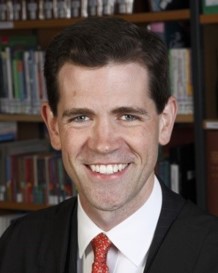
Christian C. Sahner
Christian Sahner is Associate Professor of Islamic History in the Faculty of Oriental Studies at the University of Oxford. His research deals with the transition from late antiquity to the early Islamic period, relations between Muslims and non-Muslims, and the histories of Syria and Iran. He is the author of two books, Among the Ruins: Syria Past and Present (Oxford, 2014) and Christian Martyrs under Islam: Religious Violence and the Making of the Muslim World (Princeton, 2018, forthcoming).
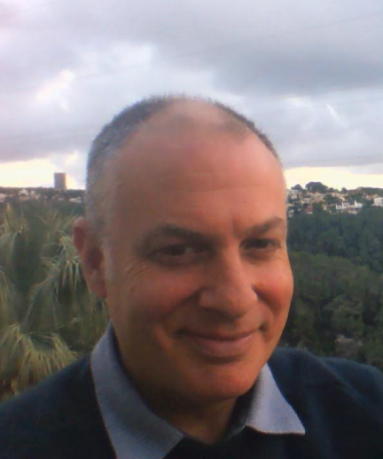
Uriel Simonsohn
Uriel Simonsohn is Senior Lecturer in the department of Middle East and Islamic studies and the University of Haifa. His research deals with various encounters between the adherents of the three monotheistic traditions during the late antique and medieval periods. He is the author of A Common Justice: The Legal Allegiances of Christians and Jews under Early Islam (Penn. UP, 2011). At present, he is working on two research projects: the role of women as agents of religious knowledge and practice, and the contribution of converts to Islam to the formation of Islamic civilization.
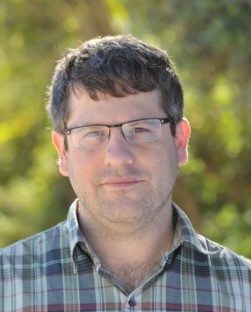
Oded Zinger
Oded Zinger is a postdoctoral fellow at the Buber society of Fellows at the Hebrew University. Before that he was a member of the Jewish women’s cultural capital group at Israel Institute for Advanced Studies and a Perilman Postdoctoral Fellow in the Center for Jewish Studies at Duke University. Zinger is a social historian studying issues of gender and law in medieval Egypt mainly through the documents of the Cairo Geniza.

